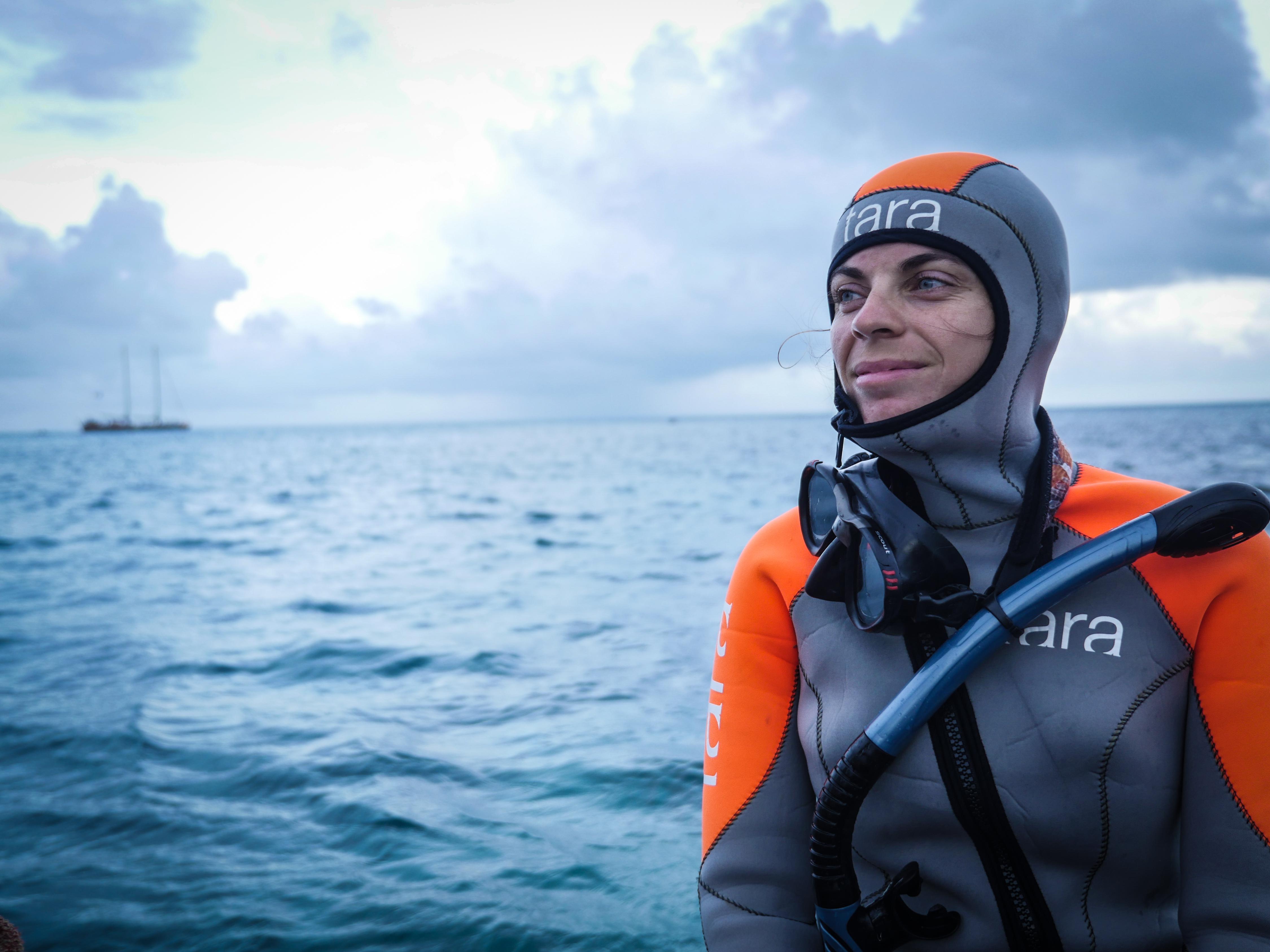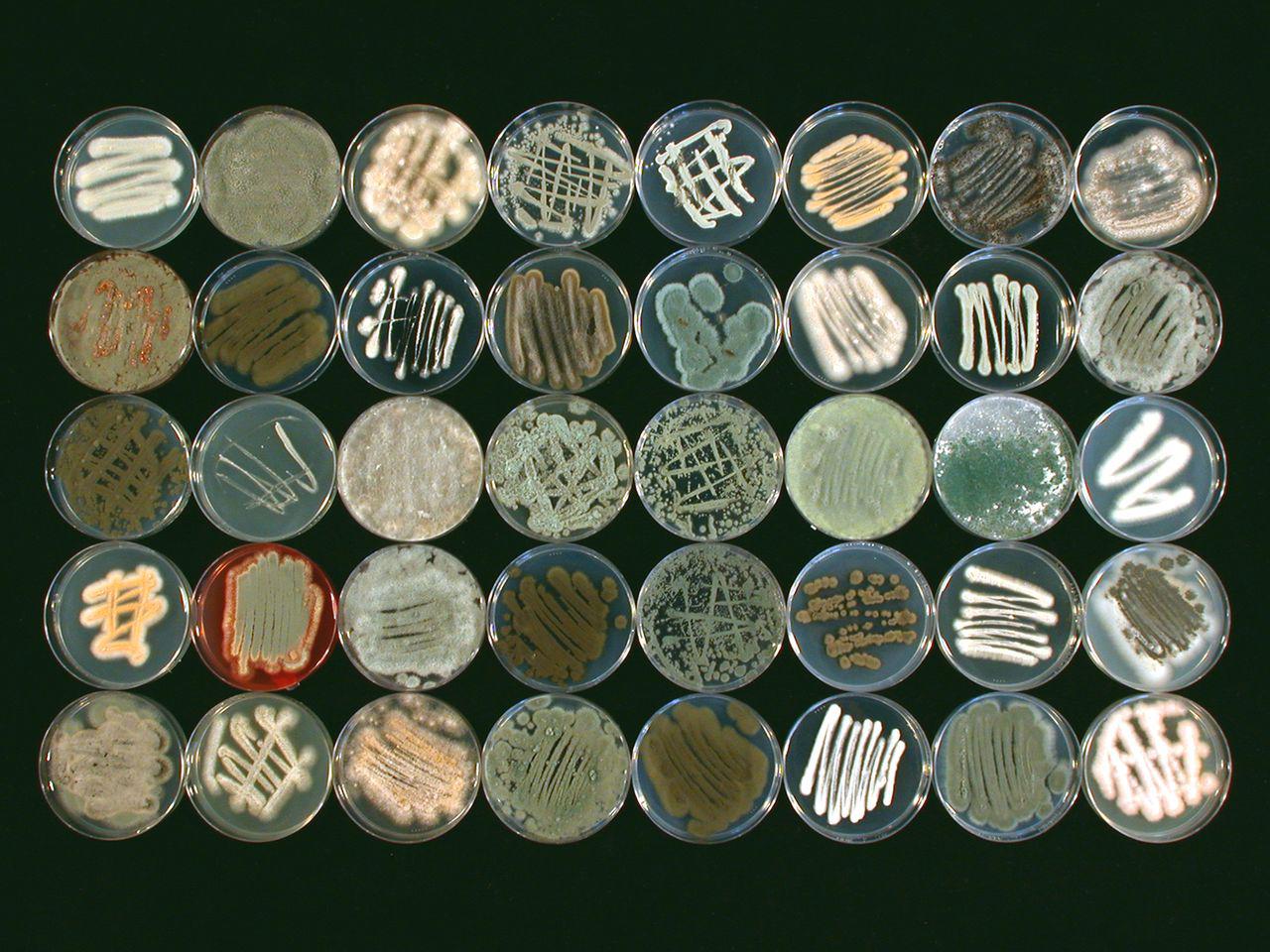Fungi's beneficial effects on coral are not yet fully understood

Corals are at risk of going extinct due to global warming.2023 EPFL / A. Roik- CC-BY-SA 4.0
Until now, most studies of fungi have focused on their role in marine disease. But according to research done at EPFL, these fungi may also help protect coral reefs against climate change.
Tropical coral reefs are a crucial element in the diversity of marine ecosystems. They help prevent coastal erosion and are home to numerous micro-organisms whose complex interactions have been fascinating scientists for decades.
The first such interaction to be studied was the symbiotic relationship between corals and algae, since the tiny algae are easy to view with a microscope. “The products of algae photosynthesis provide corals with much of the sugars they need for growth, thus promoting the formation of coral reefs,” says Claudia Pogoreutz, a marine biologist who conducted postdoc research at the Laboratory for Biological Geochemistry within EPFL’s School of Architecture, Civil and Environmental Engineering (ENAC). “But other types of microorganisms – like bacteria, viruses and fungi – may be just as important and could also play a significant role in the health and resilience of coral reefs.” Now, Pogoreutz focuses her work on marine fungi, whose functional traits are still poorly understood. A paper she published recently in FEMS Microbiology Reviews is one of the first to provide a synthesis of their considerable potential and won the journal’s 2022 Best Article Award.

Using terrestrial fungi as a model
Scientists have long overlooked marine fungi since it’s difficult to characterize their communities and isolate individual species. But thanks to breakthroughs in sequencing and other analytical methods, researchers are making constant advances to study these microorganisms much more closely. So far, much of this work has focused on the role of fungi in marine disease. Pogoreutz’s work, however, posits that the relationships between fungi and corals may be diverse, go beyond disease development, and may be surprisingly complex.
We believe that some marine fungi can decompose dead bacteria or other cells present in the coral, and turn them into nutrients for the coral and algae.
Pogoreutz has derived much of her research hypotheses from the biological processes studied in terrestrial fungi, which have received much more attention in the scientific literature. For instance, many terrestrial fungi infect dead and dying trees and other plant matter, digesting wood and other substances thanks to a diverse repertoire of different enzymes. Similarly, marine fungi have been observed to infect stressed coral. Importantly, however, trees and most other plants can also host beneficial fungi species, helping the host tree obtain nutrients from the environment.

While no beneficial roles of fungi with their hosts have yet been documented on the coral reef, there may well be symbiotic fungi important for the health of the coral. Some species of marine fungi could help support coral health by producing antimicrobial compounds to ward off pathogens. And they might also play a key role in the exchange and recycling of nutrients with both coral and algae. “For example, we believe that some marine fungi can decompose dead bacteria or other cells present in the coral, and turn them into nutrients for the coral and algae,” says Pogoreutz.
Pharmaceutical and industrial applications
The fast pace of global warming is destabilizing coral reefs more and more every day. That’s why research on the beneficial features of marine microbes, including fungi, is so important, as it opens up new prospects for restoring the health of stressed corals. This research could also lead to the development of new drugs or have industrial applications, just as research on bacteria led to the manufacture of probiotics.
At EPFL, research on coral reefs and their symbiotic relationship with microorganisms is conducted at LGB, which is equipped with a nanoscale secondary ion mass spectrometry ion probe (NanoSIMS). “This state-of-the-art instrument lets us observe the symbiotic relationships at an unprecedented resolution, because we can actually identify individual cells and subcellular structures,” says Nils Rädecker, a scientist at LGB. Thanks to the NanoSIMS, Rädecker and his colleagues will be able to go even further to discover the potential myriad of interactions within complex marine animal-microbe symbioses.